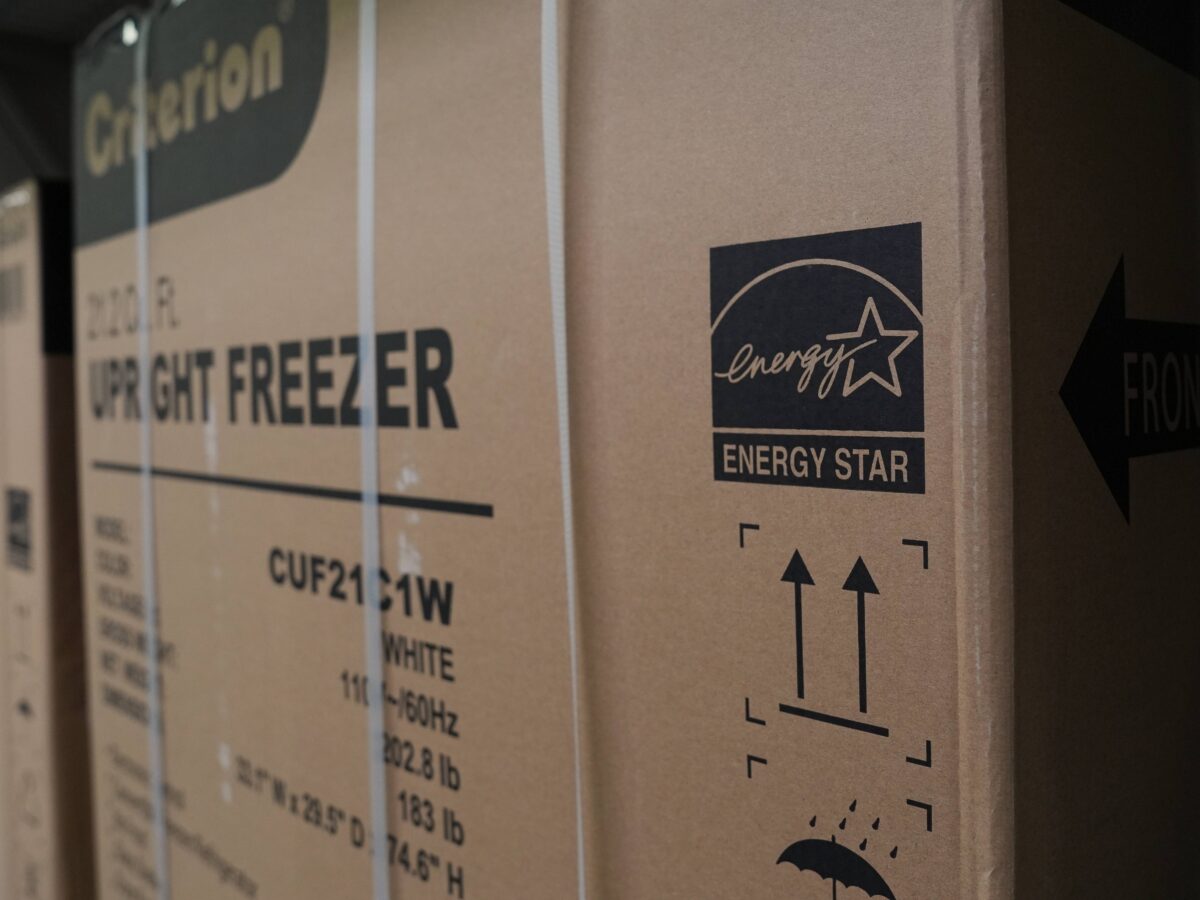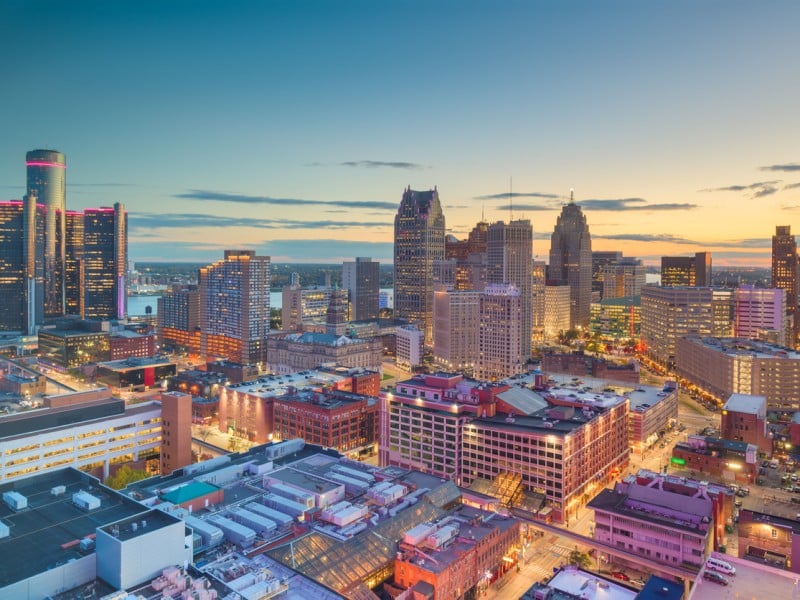Overview:
- Detroit's energy savers were in the spotlight at the 2025 Detroit Energy Challenge Awards, where buildings dubbed "biggest losers" were honored for slashing energy and water use.
- This event, a nod to the city's shift towards a low-carbon future, also underscored the link between energy efficiency and community resilience.
- As part of the Michigan Battle of the Buildings, the challenge saved $8.8 million in energy costs and cut over 44,000 metric tons of CO₂ in 2024.
Detroit’s top energy savers were honored Friday morning at the 2025 Detroit Energy Challenge Awards Breakfast. Officials celebrated the city’s most efficient buildings—known as the “biggest losers” for their significant reductions in energy and water consumption. The event, held at IBEW Local 58’s Zero Net Energy Center, highlighted the city’s growing momentum toward a low-carbon built environment.
The Detroit Energy Challenge is the local extension of the statewide Michigan Battle of the Buildings competition, which saved participants $8.8 million in energy costs and avoided more than 44,000 metric tons of CO₂ in 2024 alone.
“We’re seeing the impact of Detroit’s benchmarking policy and climate strategy come to life,” said Kendal Kuneman, Executive Director of the Detroit 2030 District. “Our district now encompasses over 70 million square feet, and our members are showing what it means to lead with data and action.”
The City of Detroit adopted its energy and water benchmarking ordinance in 2023, as part of a broader climate strategy aimed at reducing emissions from buildings—Detroit’s second-largest source of carbon pollution. Planet Detroit previously reported on the ordinance and the city’s broader climate framework, which includes goals for energy efficiency, electrification, and environmental health.
This year’s Detroit-based awardees include:
- The Samaritan Center (Water Category): Achieved a 43.63% reduction in water use intensity after investing in PACE-financed upgrades that stopped an estimated 2 million gallons in annual water loss.
- City of Detroit’s DPD Training Center (Other Category): Cut energy use by 33.67% through $8.9 million in ARPA-funded renovations, including LED lighting, HVAC upgrades, and a smart energy management system.
- Fifth Third Bank, 8 Mile & Livernois (Financial Institution): Reduced energy use by 19.6% after installing LED lighting, HVAC systems, and a building automation system. The branch is part of the bank’s broader rooftop solar rollout.
- Ford Field (Venue): HVAC and lighting automation reduced energy use by 13.13%. The upgrades also reduced unnecessary lighting use by up to three hours per event.
- Munger Elementary-Middle School (Education): Lowered energy use by 9.38% through retro-commissioning in partnership with DTE, optimizing schedules and pressure setpoints for HVAC systems.
- Huntington Place (Honorable Mention): Achieved a 9.63% reduction by aligning event scheduling with HVAC zoning and lighting systems to minimize energy use.
The event also featured remarks from Michigan Lt. Governor Garlin Gilchrist II, who underscored the importance of connecting energy efficiency to community resilience:
“Why should anybody argue against a community being more comfortable? Why should anyone argue against a community having lower energy prices? Why should anyone argue against cleaner air and water? Unfortunately, in this country and in Michigan, we are seeing direct assaults on those three principles.”
Carla Walker-Miller, founder of Walker-Miller Energy Services, echoed that message:
“All of this is about our humanity and how we’re making Detroit safer, less expensive, easier to live in—how we are literally increasing people’s lifespans with the work that we’re doing.”
Tepfirah Rushdan, Detroit’s Director of Sustainability, praised the grassroots and policy work behind the city’s benchmarking initiative.
“You’ve pushed the city to adopt this benchmarking ordinance,” she said. “I want to thank you on behalf of all of those plants and all of those animals and all of those humans who are benefiting from the tremendous work that you’re doing by reducing energy consumption in our city.”
Their comments follow recent national policy threats to building efficiency programs. In May, Planet Detroit reported that the Trump campaign and House Republicans have targeted Energy Star and Department of Energy building programs for elimination—a move that advocates warn could undermine hard-won progress in cities like Detroit.
Visit this link to enroll a building in the Detroit 2030 District.
learn more
Proposed elimination of Energy Star program threatens Michigan building efficiency efforts
The Trump administration’s proposal to dismantle the Energy Star program raises concerns about the future of local climate initiatives and building decarbonization efforts. As Detroit’s 2030 District braces for potential impacts, stakeholders emphasize the program’s role in advancing energy efficiency.
Detroit unveils new climate strategy, adopts energy and water benchmarking policy
Detroit joins a handful of cities with ordinances requiring large building owners to track and report their energy and water usage.
Building a just energy business future in Detroit
Biden’s Justice40 Initiative wants an equitable transition to clean energy. In Detroit, Black-led businesses are key. This story is part of a series on just energy futures in Detroit, produced in partnership with Belt Magazine and supported by the Solutions Journalism Network. See all stories in the series here. For the first eighteen years of…





